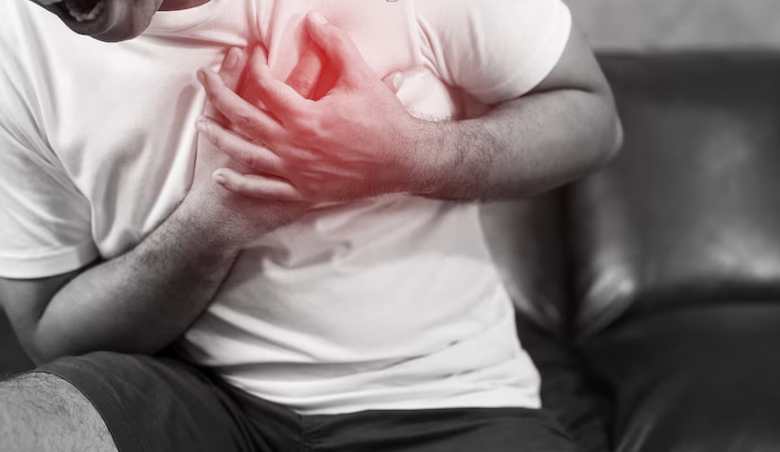How to Tell If Your Heart Palpitations Are Dangerous, According to Cardiologists

Feeling your heart suddenly race, skip a beat, or pound harder than usual can be unsettling. Most people experience heart palpitations at some point often caused by stress, caffeine, or lack of sleep. Based on information received from pafikutaikab.org but cardiologists warn that when palpitations occur frequently or without an obvious trigger, they could be a sign of something more serious. Knowing when to worry can make a crucial difference in protecting your heart health.
Dr. Maya Rahman, a cardiologist at Jakarta Heart Institute, explained that occasional palpitations are usually harmless. “A momentary flutter after drinking coffee or during anxiety is common and not dangerous,” she said. “But if you feel them often, last for more than a few minutes, or come with dizziness or shortness of breath, you should see a doctor immediately.”
Palpitations can happen when the heart beats too fast, too slow, or irregularly. In many cases, they stem from benign causes such as dehydration, hormonal changes, or even overuse of energy drinks. However, persistent or severe episodes could signal arrhythmias—abnormal heart rhythms that, if untreated, might lead to heart failure or stroke.
One common type of arrhythmia is atrial fibrillation (AF), where the upper chambers of the heart beat chaotically. According to the World Health Organization, AF affects millions of people worldwide and is one of the leading causes of stroke. “Many patients don’t realize their palpitations are due to AF until complications appear,” said Dr. Rahman. “That’s why early diagnosis through an electrocardiogram (ECG) is essential.”
Symptoms that require medical attention include chest pain, fainting, extreme fatigue, or palpitations that occur during physical activity. “If you ever feel like your heart is ‘racing’ for no reason or you suddenly lose consciousness, seek emergency care,” Dr. Rahman emphasized. These could indicate serious conditions such as ventricular tachycardia or heart block, which require prompt treatment.
See also: AI Video Generator in Healthcare: Applications and Benefits
Lifestyle factors also play a major role. Smoking, excessive alcohol consumption, and unmanaged stress can all increase the risk of palpitations. Cardiologists recommend maintaining a healthy weight, limiting caffeine and alcohol intake, exercising regularly, and getting adequate rest. Meditation or deep-breathing techniques can also help calm the nervous system and stabilize heart rhythm.
Technology now allows people to monitor their heart health more easily. Smartwatches and portable ECG devices can track pulse patterns and alert users of irregularities. “These tools are helpful, but they should not replace a medical evaluation,” Dr. Rahman noted. “Only a doctor can interpret your results correctly and determine whether further tests are needed.”
Ultimately, awareness is key. While not every flutter signals danger, ignoring consistent or unusual heart activity can be risky. “Your heart is trying to tell you something,” said Dr. Rahman. “Don’t wait until the symptoms get worse.”
If you’re experiencing regular palpitations, experts advise scheduling a check-up with a cardiologist. Simple tests like ECG or echocardiography can reveal underlying issues early, when they are most treatable. Taking your symptoms seriously today could prevent a life-threatening condition tomorrow.
Source: https://pafikutaikab.org/




